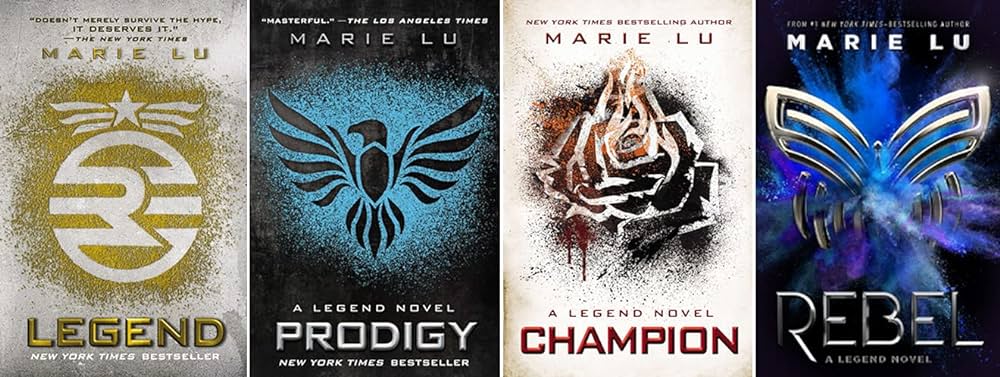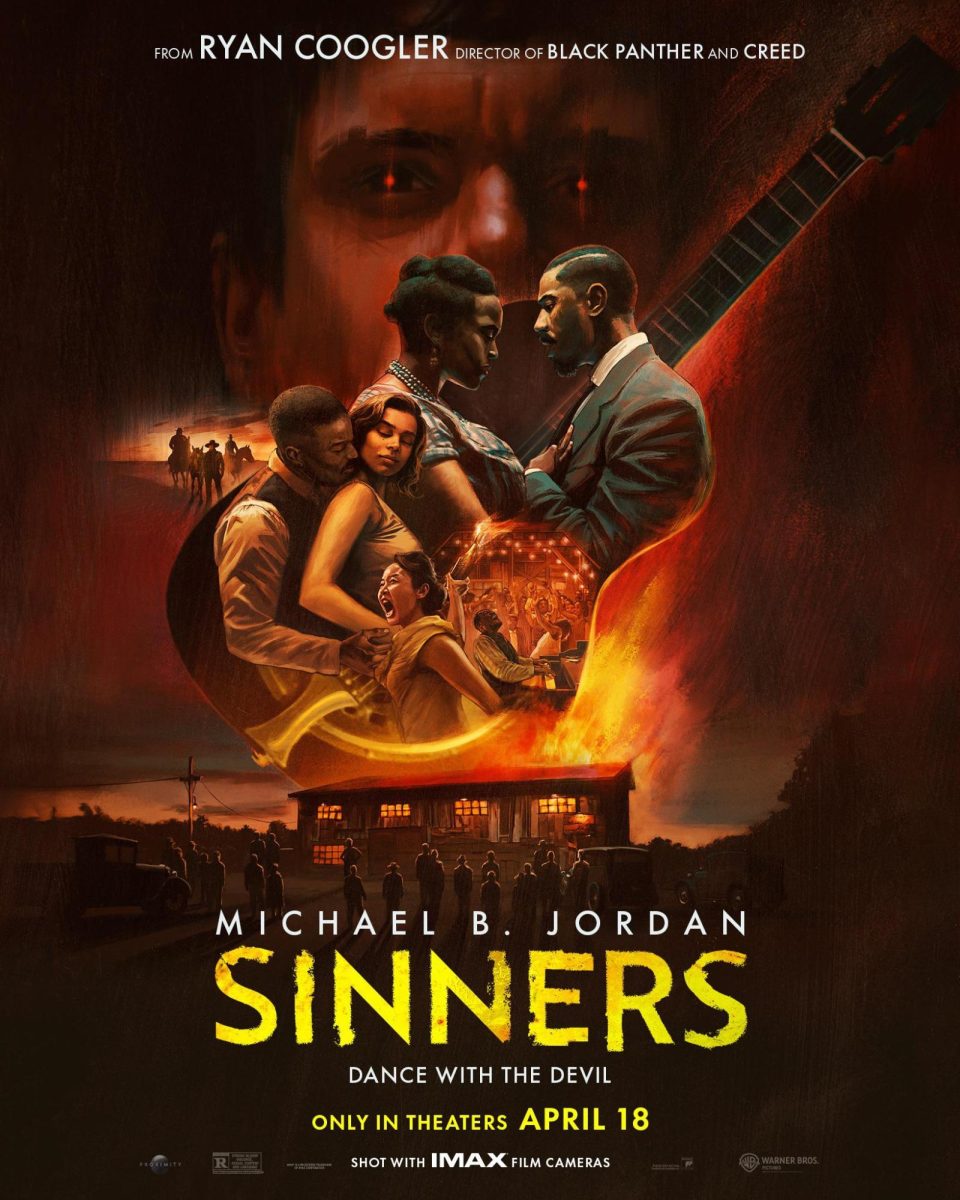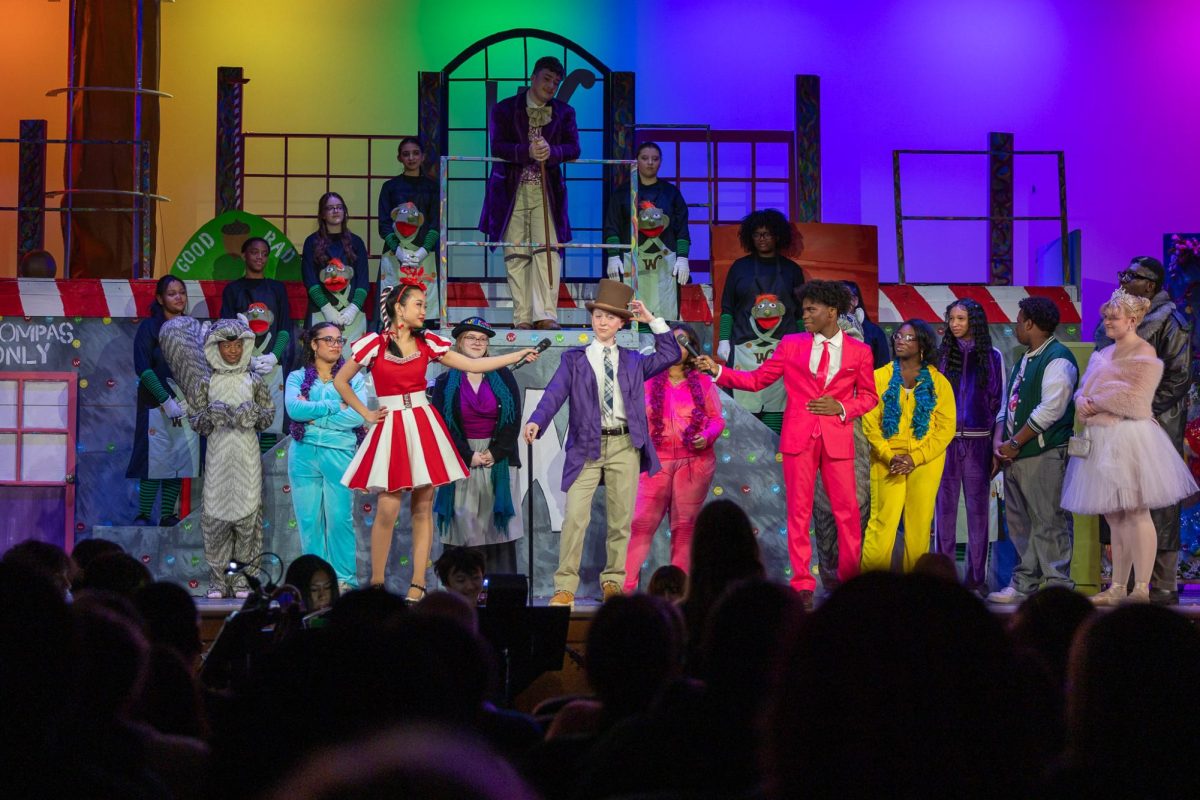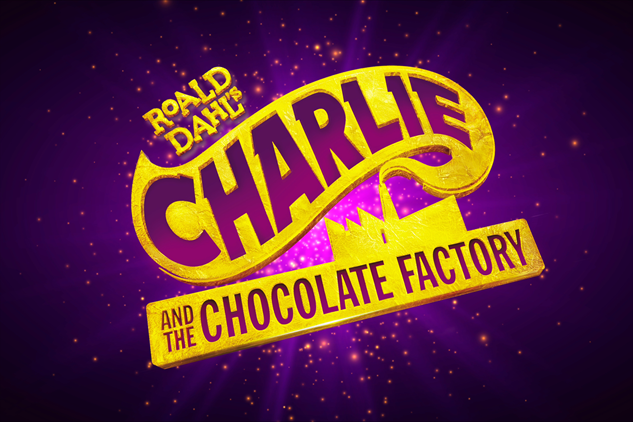While reading many trilogies beneath the comfort of my loft bed, the Legend series was the first book series that I have failed to put down alongside the stress of high school. As I read the last two sentences of the final book, Champion, I cried tears of happiness, joy, and sadness. I was unable to pinpoint the source; however, I knew the impact the book had on how I view the world.
The first book in the trilogy, Legend, was published in 2011, and it was followed by Prodigy and Champion in 2014. More recently Rebel, a spinoff novel was completed in 2020. By writing about rising sea levels, autocratic governments, and even chips embedded in people’s heads, author Marie Lu predicted many current social issues and developing technologies. Reading the book helped me think about these issues as they become more important by the day.
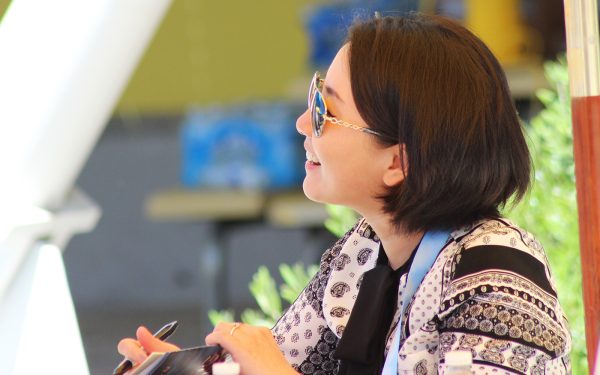
In the Legend series, Lu creates a dystopia in which The United States of America is split into two colonized governments, The Republic and The Colonies. The Colonies is a futuristic civilization that takes place on what is left of the submerged East Coast of the United States.
The Republic, which takes place on the West Coast, is a highly segregated and corrupt autocracy led by “Elector” Primo, who has full status and control over the government. In order to be successful there, you must participate in “The Trials” at the age of ten, in which you will be tested in loyalty, education, and physical activity. If you perform well, then you are assigned a well-paying job. If you don’t, you will be assigned to jobs such as after-conflict war clean-ups or working in coal mines, living with the bare minimum. As you may guess, the rich perform well and the poor often fail to.
Primo controls the military and almost everything else in The Republic—except for the main character, Day. He is the most wanted criminal in The Republic: he has undetectable fingerprints, can scale buildings in less than a minute, and unknown features make him impossible to track. However, he has never killed anyone. Every crime he has committed is to help the poor, and most importantly, his family. He is the most beloved, relatable, and quite handsome main character. (Yes, I do, in fact, have a soft spot for Day <3). Day’s main priority is his family, but Day’s love for them is also his biggest weakness. When he finds that his younger brother, Eden, has caught a new strand of the plague, he searches for a cure, medication—anything that can save him.
June Iparis is the second lead character who lives in the upper class of The Republic. She is the “prodigy” of the Republic, for she received a perfect score on her trials. She is assigned with the task of tracking Day down after he is claimed (or framed) to have killed a Republic Commander—someone who was very precious to June. After June finds out the truth behind the Republic and his murder, she has to decide her own life outside the lies she has grown up with. This builds an original relationship between the two characters—one who was born into wealth and one who was born into poverty. One who got a perfect score, and one who ‘failed’. One who believes in the Republic’s lies, and one who has seen the lies firsthand.
Lu’s predictions of future society resemble a warning to present-day society, while also being accurate. In Legend, people facing poverty are faced with many stages of plague, leading them to quarantine. (Sounds familiar?!) The wealthy receive proper medical treatment and cures, while the poor have to suffer. People with proper healthcare are usually of the higher or middle class. Through her writings, Lu expresses her concern with current-day inequality and healthcare, even way before the pandemic.
Lu also explores how technology affects how we interact with each other in society: whether it is after a long day of gaming in your bedroom, or long daydreaming sessions, many of us have come across the thought at least once that life is like a game.

In the spinoff book Rebel, Antarctica is a futuristic, Sci-Fi society that is reliant on technology. The people living in Antarctica live under a dome that regulates temperature, simulates starry skies and the aurora borealis, and provides a place for Ross City (the main city in Antarctica) to develop.
Everyone living there has chips embedded within them at the age of 10 to simulate life being a game. You can see virtual art, google search from your mind, track others, and more. You can also level up by doing good deeds, and level down by breaking laws. The aspect of the level system provides an aspect of relativity throughout the story—even in everyday places such as schools. For example, if you cheat on a test, everyone will see “cheated -17 points” displayed above your head. If you get an A, you get 100 points. If you receive a B, you get 50. (See the pattern?) If you consistently break the law and level down, your rights are very low. People who are of lower levels live in the undercity, while others with high levels live on the skyfloors. However, who makes the rules of the game of life? What if the rules are unfair? What if, one day, the level system…shuts down?
If you have gotten this far, I hope you have sparked an interest in this series! Even if you don’t, thinking about the future of society is incredibly important—and who knows? One day you might even be the next Day.


